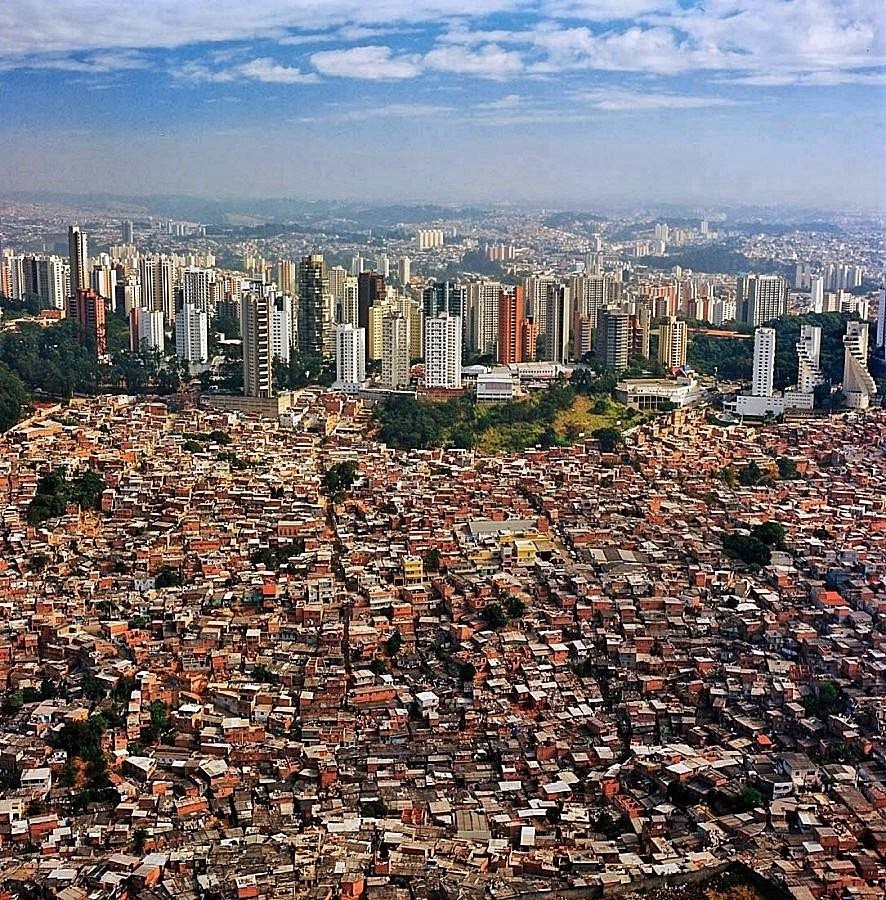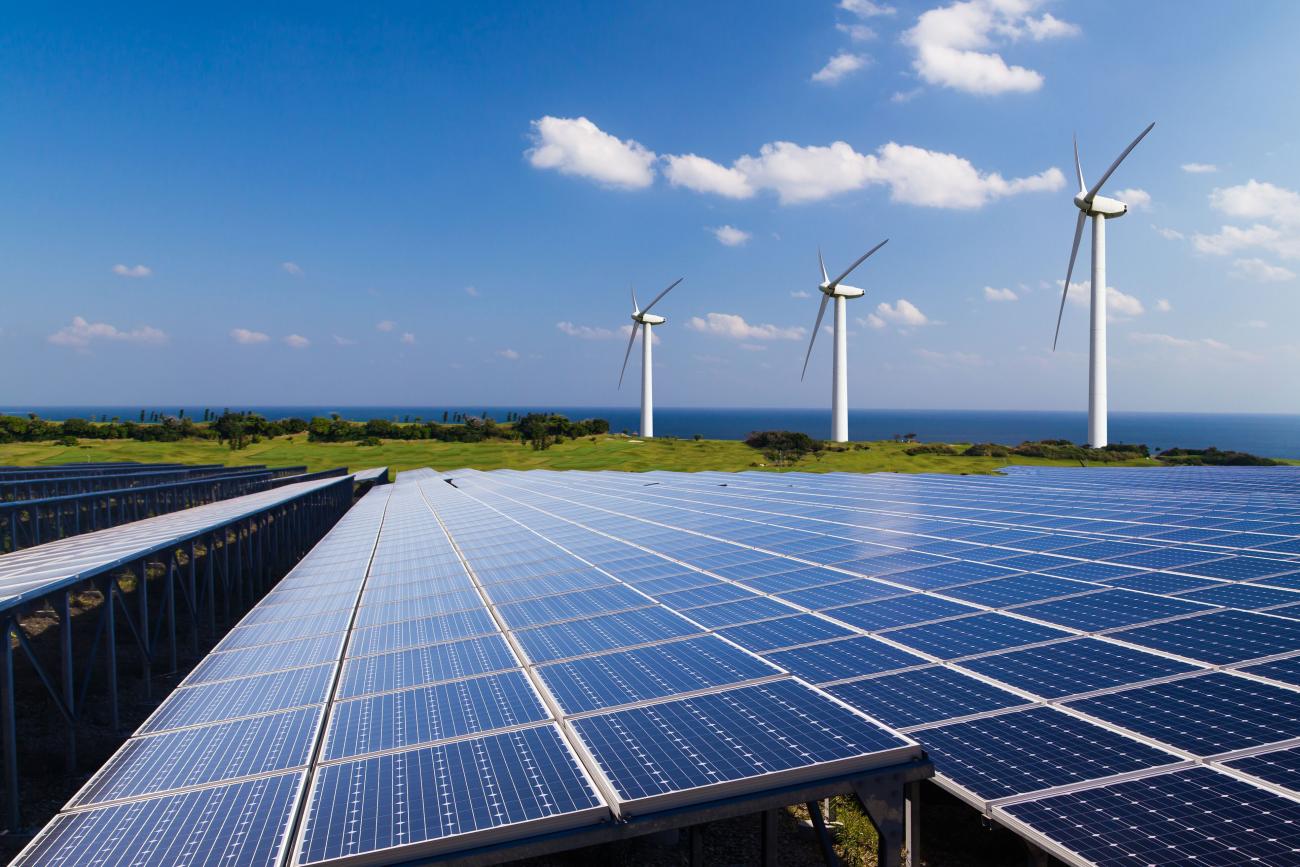Efforts to eradicate extreme poverty will have little impact on achieving climate targets, suggests a study led by Drs. Klaus Hubacek, Giovanni Baiocchi, and Kuishuang Feng in the Department of Geographical Sciences, in collaboration with Anand Patwardhan in the School of Public Policy UMD. However, elevating the income of the extremely poor to a fairly modest level will require additional climate mitigation efforts and resources.
Ending extreme poverty by 2030 is the first of the United Nation’s Sustainable Development Goals. Meanwhile, plans set forth by the Paris Climate Agreement aim to keep global warming below 2 degrees Celsius. UMD Geographical Sciences Professor Klaus Hubacek and colleagues investigated the potential consequences of achieving both of these objectives simultaneously.
The study discovered that eradicating extreme poverty—a condition characterized by deprivation of basic human needs such as access to food, water, healthcare and energy, and defined as those with an income of less than $1.90 per day—does not threaten the climate target. However, to bring the poor to the next income level of $2.97-$8.44 per day—still modest by most industrialized countries’ standards—would require ramping up climate mitigation efforts by 27% to avoid dangerous climate change consequences. The findings were published in Nature Communications.



